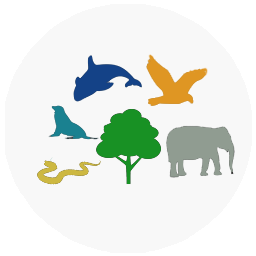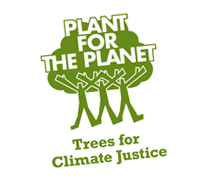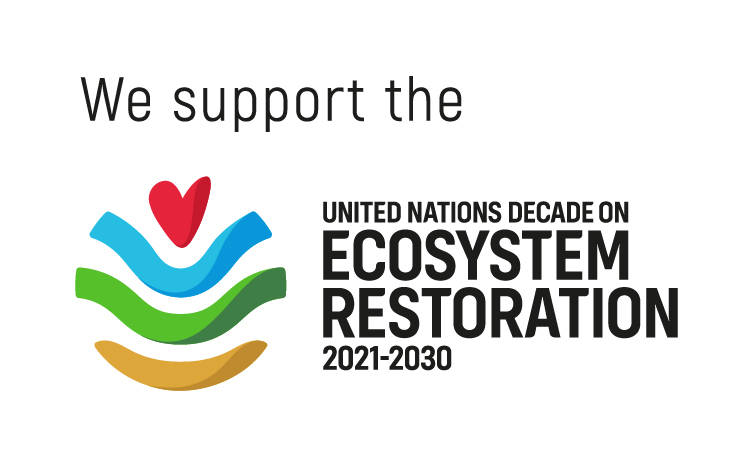Trees for Tribals®
Bastar, Chhattisgarh, India

100,000 Trees Adopted by Tree-Nation for FY 2019-22
Available for Adoption upto: 25,000 Trees
Project Purpose
Trees for Rural Communities™Location

The plantation project is implemented in Bade Aarapur, Sandkarmari, Potiyawand, Sandevada, Tunhati and Jaitgiri within the administrative district Bastar in the Indian state of Chhattisgarh.

Enhancement of
Biodiversity

Carbon Sequestration

Increase in
Green Cover

Generation of
Rural Employment

Conservation of
Water Table
About the Project
Forests play an important role in the lives of indigenous communities. The population in the area primarily consists of tribals, whose mainstay consists of agriculture and collection of forest products. As per the latest Census report, there are around 42 tribal communities in Bastar including Bhil, Gond, Pardhi, Munda, Kondh, Andh, and Baiga.[1] As suggested by a reseach paper by Sunil Kuman Shrivastava, these communities depend upon natural resources and forest produce for their livelihood.[2] Agriculture is a major source of income for the rural households in Chhattisgarh and income from agriculture is supplemented by income from wage, labour, forest produce, and livestock. By increasing the forest cover, they'll have a stable source of food, fuelwood, medecine, material for housing implements and construction, and livelihood security through the collection, sale, and use of non-timber forest produce.
Widespread poverty and lack of opportunities add to the underdeveloped state of the area as evident by the report of an expert group to the planning commission,[3] "The situation is worsened by the chronic soil erosion due to heavy rainfall, loss of trees and negligence", mentions a study by Ravinder Singh et al. titled “Soils of Chhattisgarh: Characteristics and Water Management Options”.[4] A study by New Zealand tells us how different types of plantations act as protecting agents against various soil problems..[5] This shows that tree plantation is mandatory in order to bring under control the problems of the area and improve the conditions of the tribal community.
Tree Species
In this tree plantation initiative, species like Arjun (Terminalia arjuna), Bedda nut tree (Terminalia bellirica), Camel's Foot Climber (Bahunia vahlii), Shikekai/Soap-pod (Acacia concinna), Indrajao (Holarrhena antidysenterica), Black plum/Java plum (Syzygium cuminil), Medhshingi (Dolichandrone falcata), Purple Orchid Tree (Bauhinia purpurea), Pongam tree (Pongamia pinnata), Mango (Mangifera indica), Black Oil Plant/Malkangani (Celastrus paniculatus), Gamhar (Gmelina arborea), Bistendu/Bombay ebony (Diospyros montana Roxb), Kath Jamun (Syzygium heyneanum), Malabar Bauhinia (Bauhinia malabarica), Jackfruit (Artocarpus heterophyllus), Indian persimmon/Gaub (Diospyros malabarica), Indian Laburnum/Golden shower tree (Cassia fistula), Toxic Gooseberry (Cleistanthus collinus), Amla/Indian Gooseberry (Phyllanthus emblica), Kusum tree/Ceylon oak (Schleichera oleosa), Bamboo (Bambusa bambos), Coromandel Ebony/Kendu (Diospyros melanoxylon) and Orchid tree/Kanchan (Bauhinia variegata) have been planted.
Social Impact
The plantation of valued local trees will aid the forest-dependent communities in the region toward building a sustainable rural economy. The project will generate rural employment, especially for the local women residents of the region. Planting trees will also help secure and enhance wildlife habitats by providing additional food within the forests for herbivores/omnivores, limiting their movement within the forest ranges, which will reduce crop degradation and incidents of human-wildlife conflict, strengthening a sensitive agriculture-based local economy.
Trees have carbon sequestration capacity which will aid climate change mitigation in the long term. Upon maturity, each tree can absorb approximately 20kg of CO2 per year which is considered globally as a conservative estimate for the sequestration potential of trees. Additionally, the extended afforestation project would complement the National Mission for Green India by enabling local-level action which aims at protecting and restoring the degraded forest land and engaging local communities in key roles for planning, decision-making, implementation, and monitoring during plantation.
Adoption Summary
| Name of the Company | Number of Trees Adopted | Fiscal Year |
|---|---|---|
| TreeNation | 50,000 | 2021-22 |
| TreeNation | 25,000 | 2020-21 |
| TreeNation | 25,000 | 2019-20 |
[1] Census of India 2011 - Chhattisgarh - Series 23 - Part XII A - District Census Handbook, Bastar
[2] Mirror, A. (2019). Economic empowerment of tribes of Bastar. Asian Mirror.
[3] Government of India Document: Development Challenges in Extremist Affected Areas- REPORT OF AN EXPERT GROUP TO PLANNING COMMISSION
[4] Singh, R., Chaudhari, S. K., Kundu, D. K., Sengar, S. S., & Kumar, A. (2006). Soil of Chhattisgarh: Characteristics and Water Management Options. Research Bulletin, (34).
[5] Bhattacharyya, R., Ghosh, B. N., Mishra, P. K., Mandal, B., Rao, C. S., Sarkar, D., ... & Franzluebbers, A. J. (2015). Soil degradation in India: Challenges and potential solutions. Sustainability, 7(4), 3528-3570.









